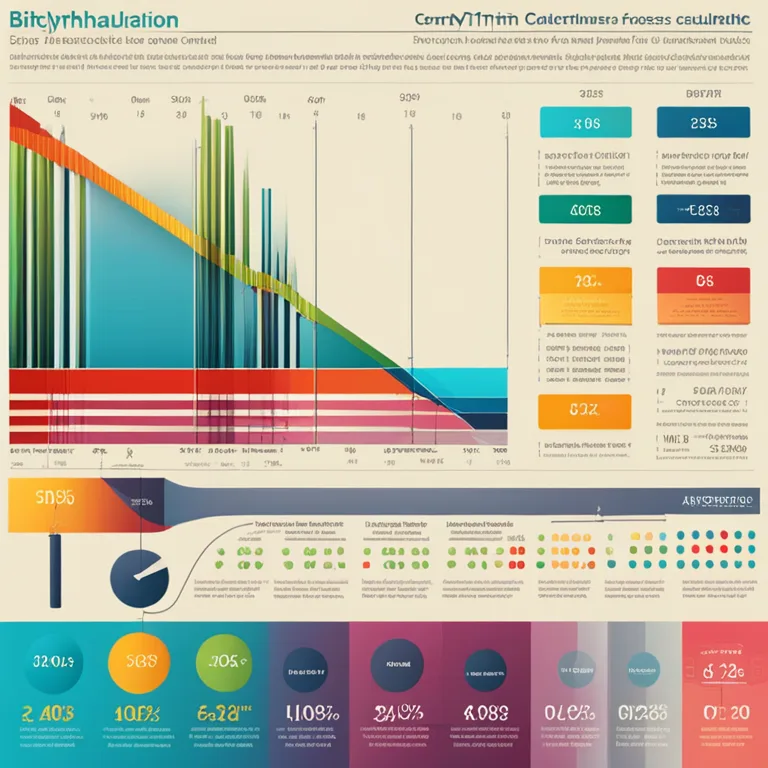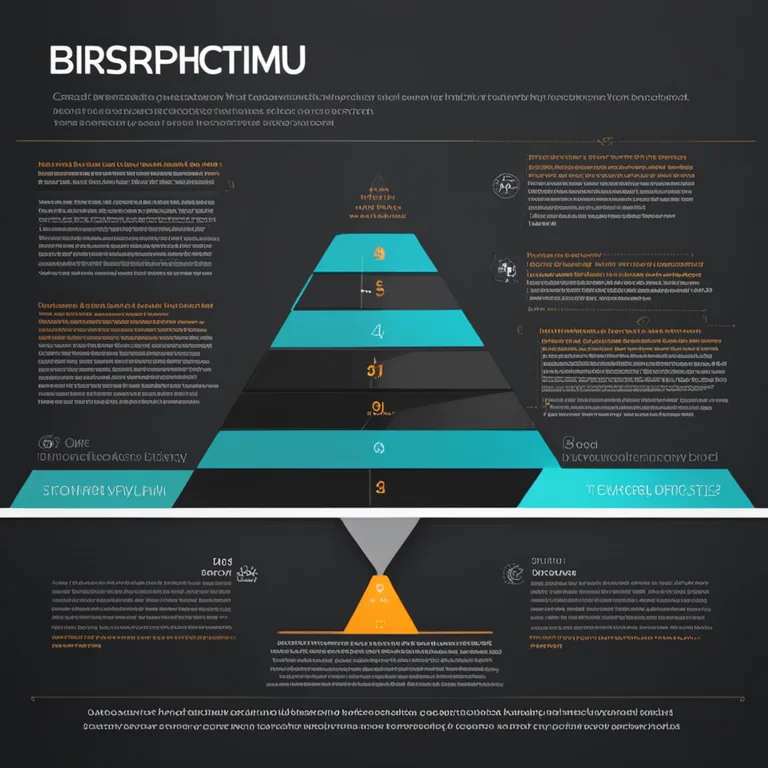
The Art of Calculating Biorhythms
Discover the intricacies of biorhythm calculation and how it relates to your daily life in this insightful article.
article by Adrian Wallace
Introduction to Biorhythms
What exactly are biorhythms? They are believed to be the natural cycles that govern human life, influencing our physical, emotional, and intellectual states. The concept first gained substantial interest in the early 20th century and has since become a fixture in some holistic and alternative wellness circles. Today, with technological advancements and increased interest in personal well-being, the theory of biorhythms remains a fascinating tool for those seeking insight into their natural rhythms and potential.

Biorhythm Cycles Explained
Biorhythms are composed of three core cycles: the 23-day physical cycle, the 28-day emotional cycle, and the 33-day intellectual cycle. Each cycle starts from the point of birth and flows in a sine wave pattern: alternating between high, low, and neutral phases. The theory suggests that being aware of these patterns can help individuals anticipate periods of strength or weakness in the corresponding areas of life. It is their alignment and intersection that many believe can affect overall performance and mood on any given day.

Calculating Personal Biorhythms
The cornerstone of biorhythm calculation is one's birth date. This information serves as the starting point for all three cycles. Through a relatively simple mathematical formula, one can determine the current phase of each biorhythm. By counting the number of days since birth and then dividing this number by the length of the cycle (23 for physical, 28 for emotional, and 33 for intellectual), the remainder gives the current day in the cycle. These values are typically plugged into a sine function to visualize the wave pattern.

The Power of Computer Algorithms
In the past, such calculations might have been done manually or with the aid of charts, but the digital age has streamlined the process. Nowadays, sophisticated computer algorithms can instantly perform these calculations, integrating leap years and additional nuances. Numerous apps and websites now offer personalized biorhythm charts with just a few clicks, bringing the mystique of biorhythms right to your fingertips in 2024 and beyond.

Interpreting Your Biorhythm Chart
Once the calculations are made, the interpretation begins. A chart is typically generated, displaying the sine wave patterns for each cycle. A high point in a cycle suggests a time of potential strength, while a low point may indicate a period of vulnerability. Neutral points reflect a transition phase. While some may use these charts for making everyday decisions, it is important to remember that biorhythms, like any belief system, should be taken as a guide rather than a definitive predictor of one's capabilities and outcomes.
Modern Adaptations and Considerations
With the proliferation of personalized health data tracking, from sleep patterns to fitness activities, biorhythm theory has found new relevance. Enthusiasts often overlay their biorhythm charts with other personal data to seek comprehensive wellness insights. Critics, however, argue that biorhythms lack scientific validation. Regardless of the debate, many find value in the reflective practice that biorhythm tracking encourages, offering another layer to the ever-evolving quest for self-improvement and awareness.
Published: 1/4/2024
Modified: 1/4/2024
More predictions
Come back here soon to learn more about yourself and your future


Unlocking The Accuracy of Biorhythms
Delve into the realm of biorhythms to discover their reliability and impact on daily life in this insightful article.


The Practical Uses of Biorhythms In Today's Life
Discover the significant applications of biorhythm theory in everyday living, from health optimization to decision-making.


Biorhythms: How They Shape Your Life
Explore the practical applications of biorhythms in daily life, from personal wellness to performance optimization.